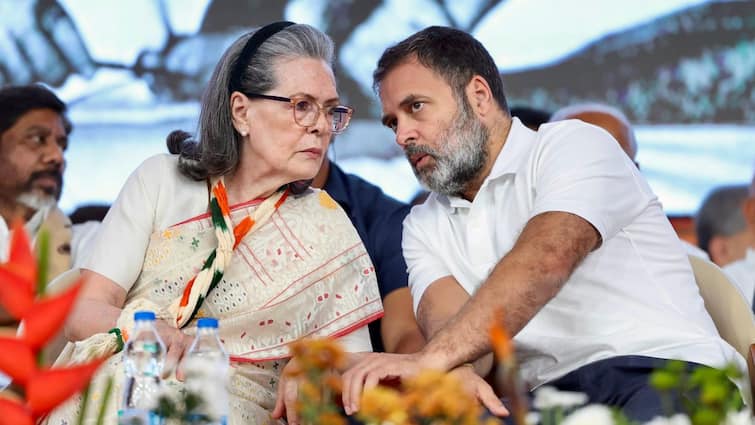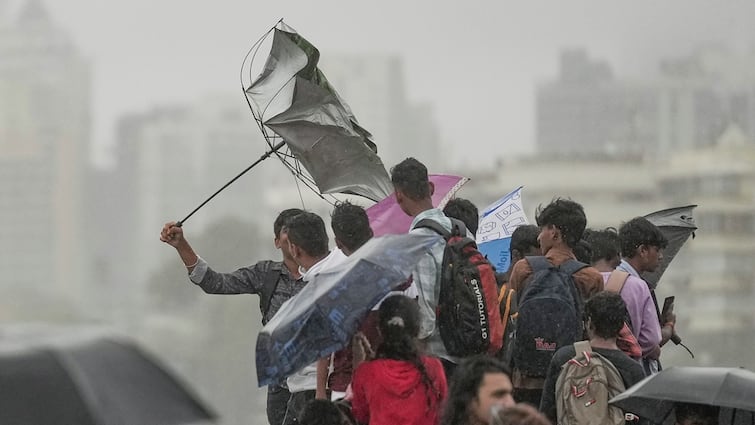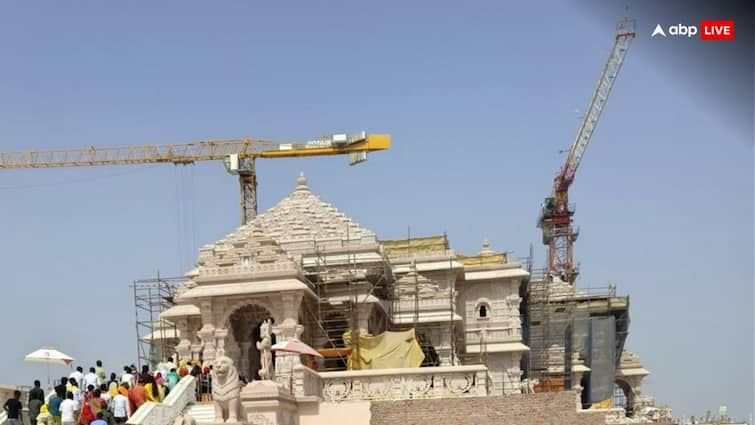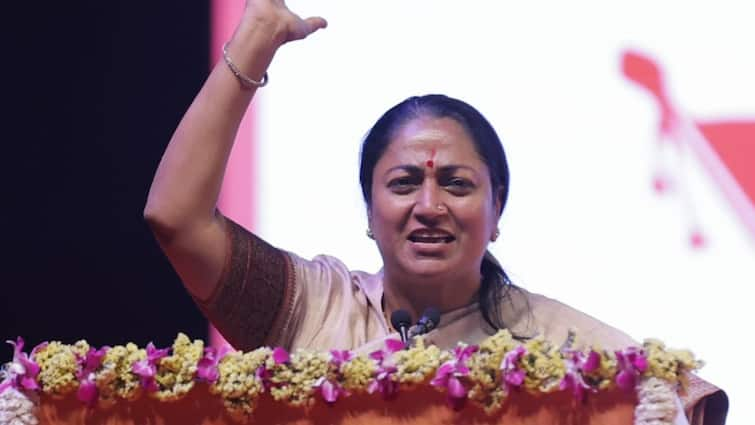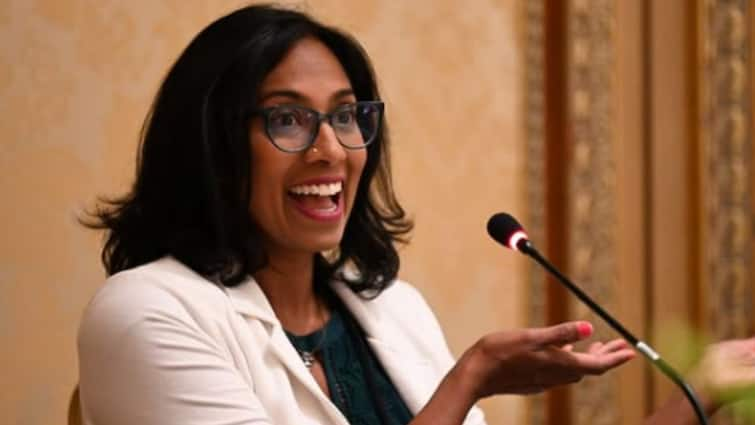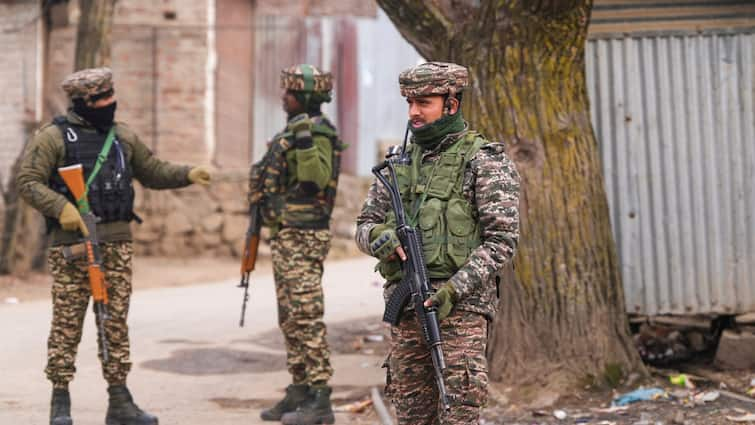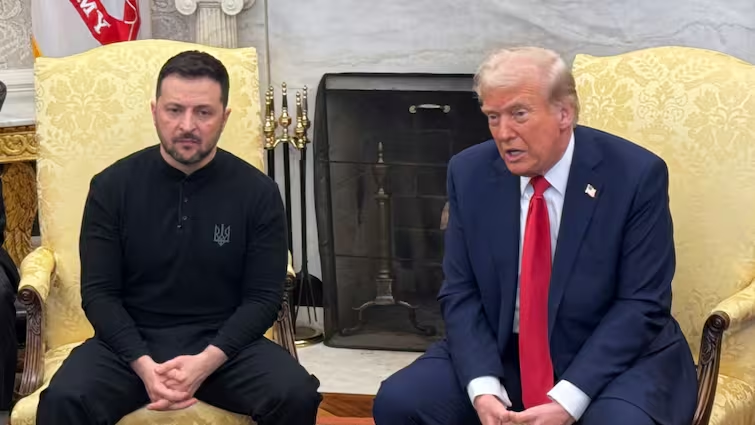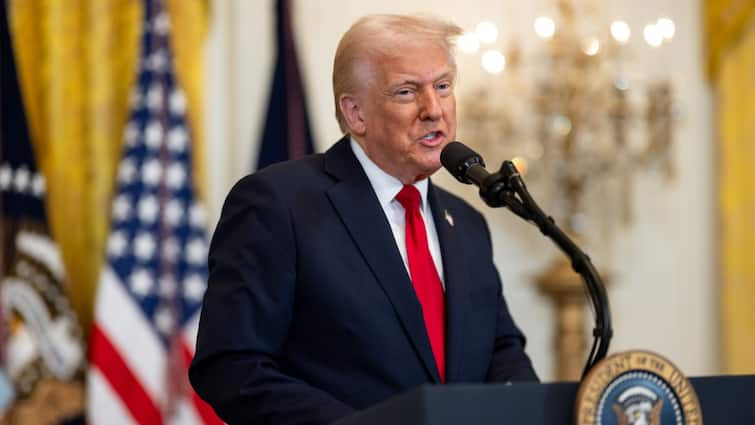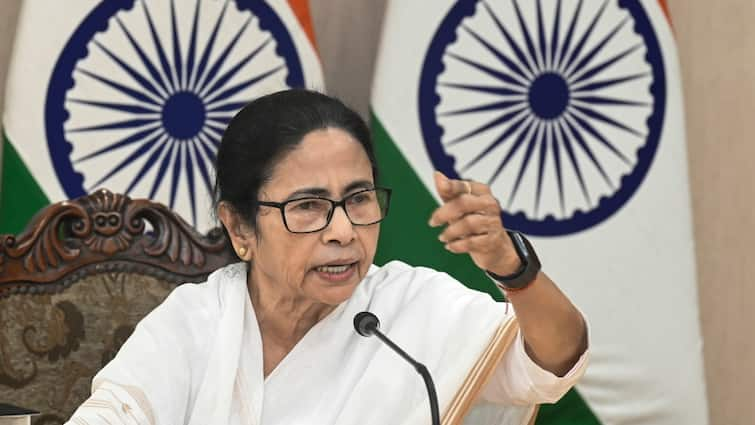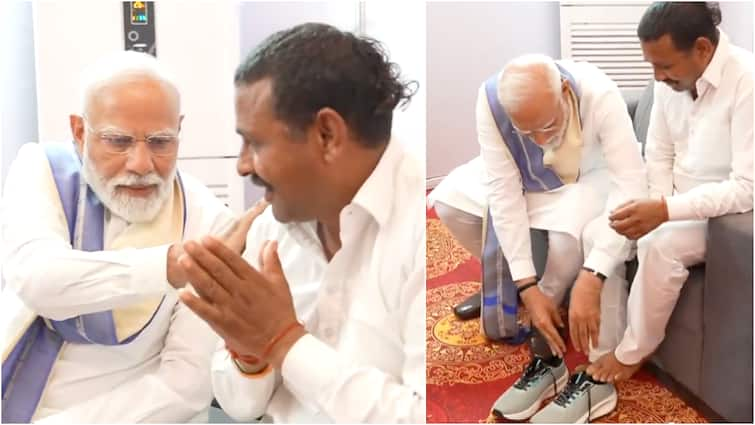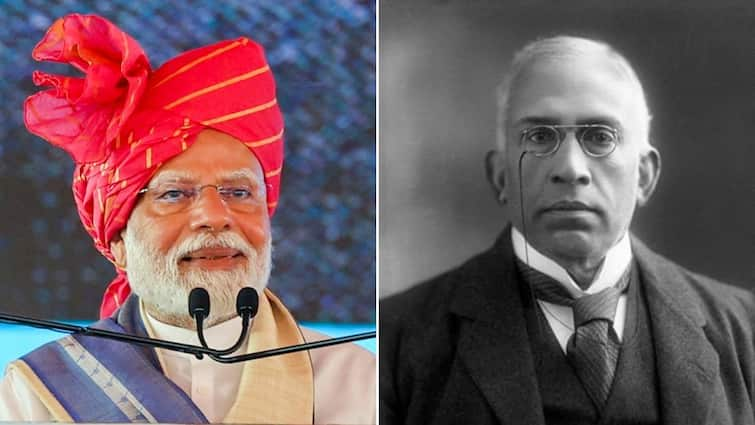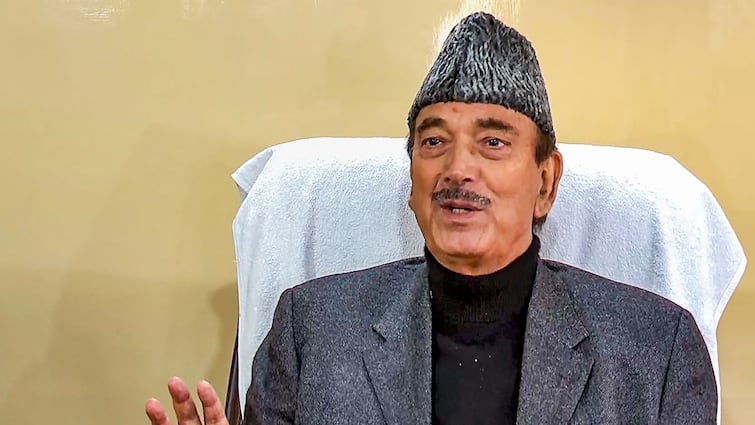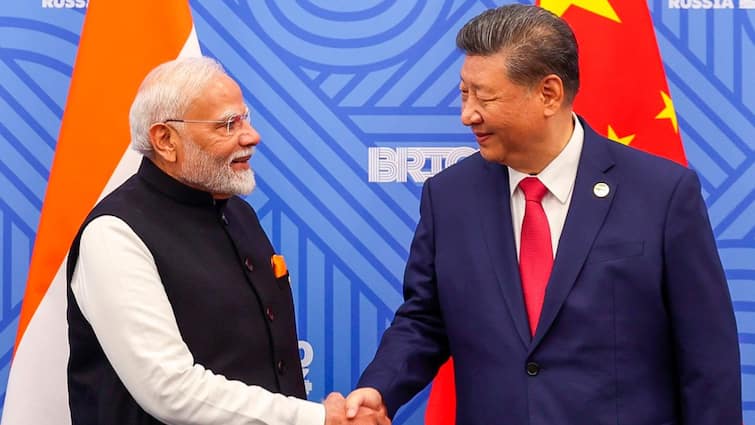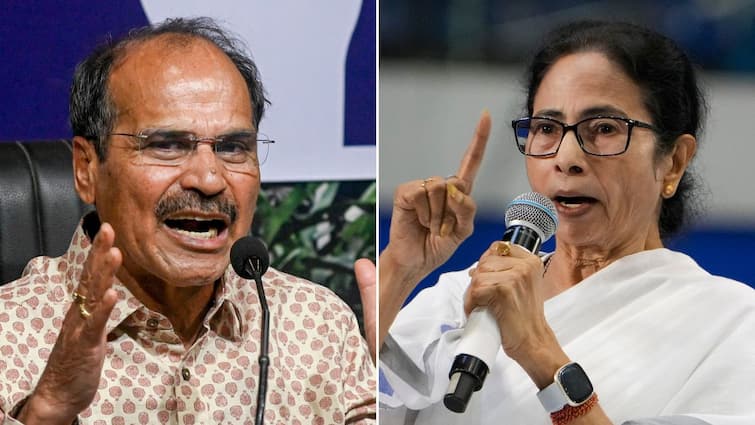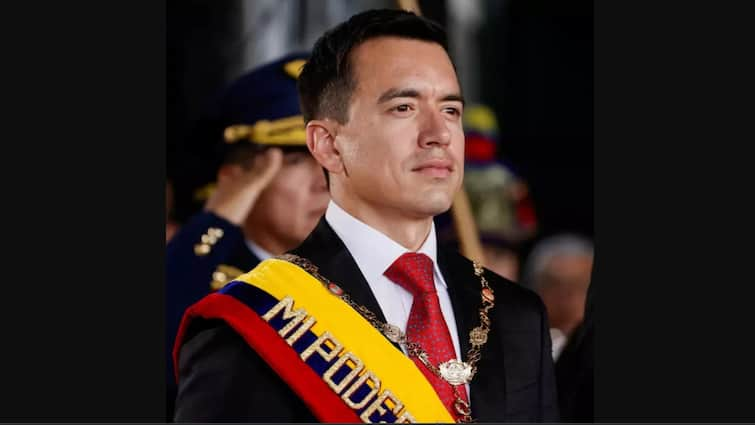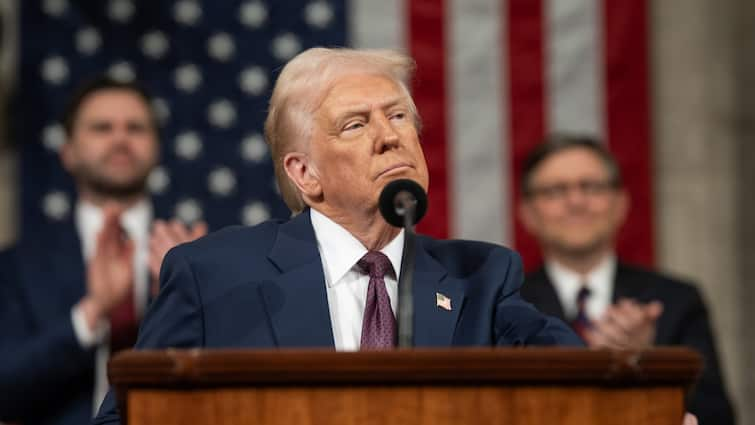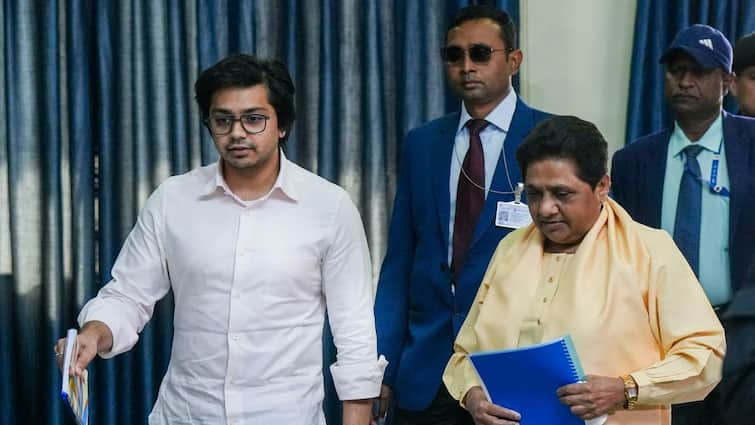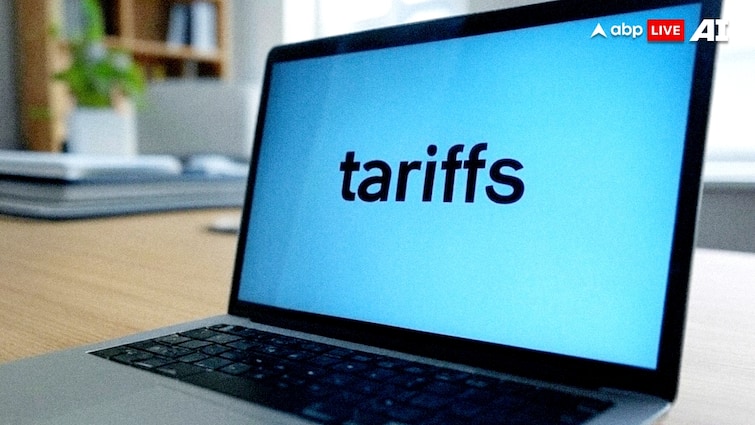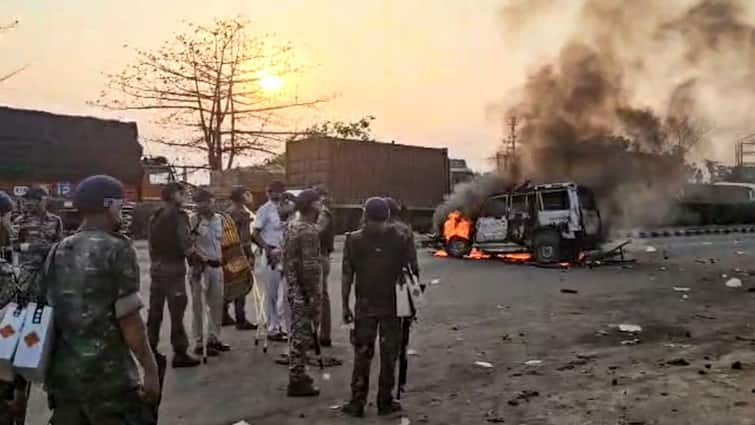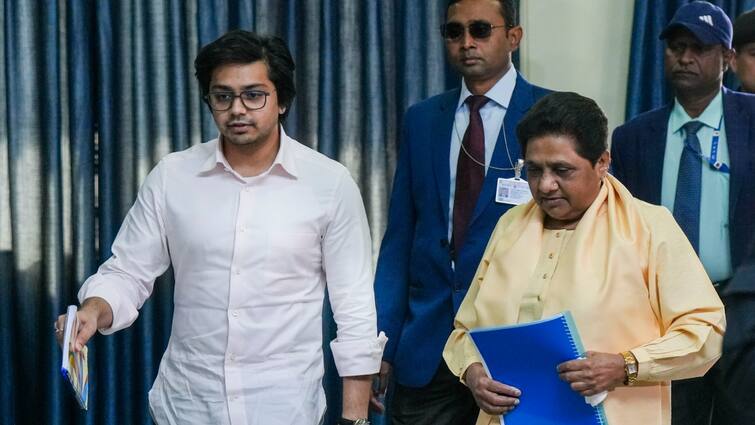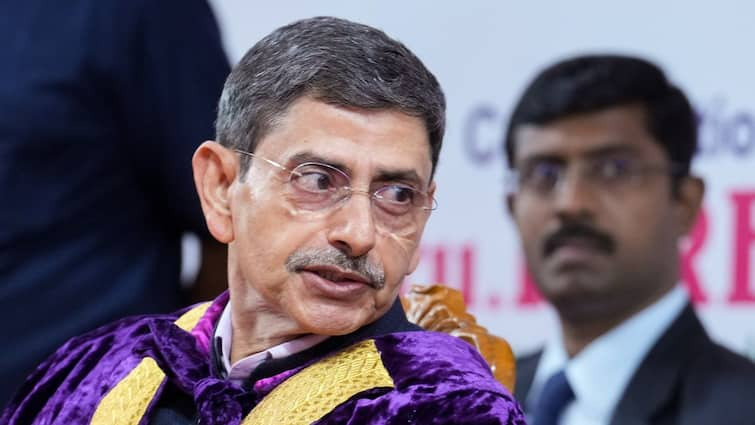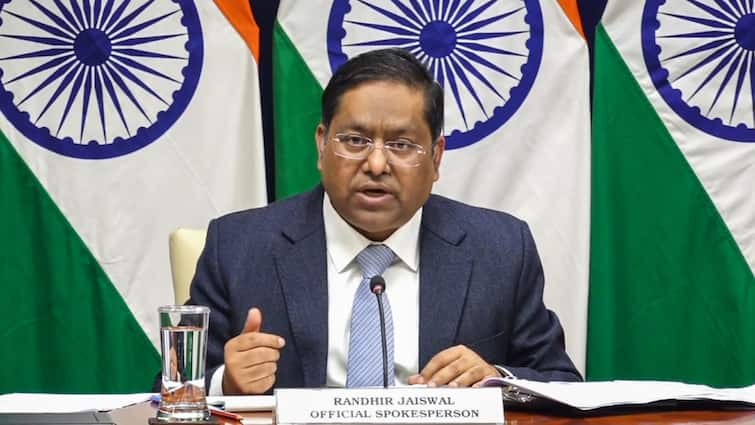
The Ministry of External Affairs (MEA) on Tuesday strongly rejected Pakistan’s criticism of the Waqf (Amendment) Act, 2025, calling it “motivated and baseless.”
Responding to media queries, MEA spokesperson Randhir Jaiswal stated, “We strongly reject the motivated and baseless comments made by Pakistan on the Waqf Amendment Act enacted by the Parliament of India. Pakistan has no locus standi to comment on a matter that is internal to India. Pakistan would do better to look at its own abysmal record when it comes to protecting the rights of minorities, instead of preaching to others.”
Our response to media queries regarding comments made by Pakistan on Waqf Bill:
🔗 https://t.co/MOYdvb3it6 pic.twitter.com/KwkU2flALr
— Randhir Jaiswal (@MEAIndia) April 15, 2025
The remarks came after Pakistan’s Foreign Office spokesperson Shafqat Ali Khan, during his weekly press briefing on Thursday, called the Waqf (Amendment) Bill, 2025, an act “to dispossess Muslims from their properties including mosques and shrines” and alleged that it marginalises minorities, as per Pakistan-based ARY News.
Supreme Court To Wednesday Hear Pleas Challenging Waqf Amendment Act
Meanwhile, the Supreme Court is set to hear a batch of petitions challenging the constitutional validity of the Waqf (Amendment) Act, 2025, on Wednesday. The three-judge bench, headed by Chief Justice of India Sanjiv Khanna and comprising Justices Sanjay Kumar and K V Viswanathan, has so far listed 10 petitions on the issue, news agency PTI reported.
Among those who have approached the apex court are AIMIM leader Asaduddin Owaisi, AAP MLA Amanatullah Khan, RJD MP Manoj Kumar Jha, and TMC MP Mahua Moitra. Other petitioners include the Association for the Protection of Civil Rights, Arshad Madani, Samastha Kerala Jamiathul Ulema, Anjum Kadari, Taiyyab Khan Salmani, Mohammad Shafi, and Mohammed Fazlurrahim.
The Supreme Court has also received fresh petitions from Samajwadi Party MP from Sambhal, Zia-ur-Rahman Barq; the YSRCP led by former Andhra Pradesh Chief Minister Jagan Mohan Reddy; the Communist Party of India (CPI); and Tamilaga Vettri Kazhagam chief and actor-turned-politician Vijay.
Advocate Hari Shankar Jain and one Mani Munjal have also filed a separate petition challenging the constitutionality of several provisions of the law, arguing that they violate the fundamental rights of non-Muslims. Following this, the Chief Justice agreed to list their plea.
The Centre, on 8 April, filed a caveat in the Supreme Court seeking to be heard before any order is passed.
The Waqf (Amendment) Act, 2025, was recently notified by the Centre after receiving the assent of President Droupadi Murmu on 5 April. It was passed in the Rajya Sabha with 128 members voting in favour and 95 opposing it, while in the Lok Sabha, it was cleared with 288 votes in favour and 232 against, following intense debate in both Houses.
Among the key petitioners is the All India Muslim Personal Law Board (AIMPLB), which filed its plea on 6 April. In a press statement, AIMPLB spokesperson S Q R Ilyas said the amendments passed by Parliament were “arbitrary, discriminatory and based on exclusion”. The Board contended that the law violated Articles 25 and 26 of the Constitution, which guarantee freedom of religion and the right to manage religious affairs.
“The amendments not only violated the fundamental rights guaranteed under Articles 25 and 26 of the Constitution of India but also clearly revealed the government’s intention to take complete control over the administration of Waqf, therefore, sidelining the Muslim minority from managing their own religious endowments,” said the AIMPLB, as per PTI.
Jamiat Ulama-i-Hind, in its petition, described the Act as a “dangerous conspiracy” to strip Muslims of their religious freedom. The organisation argued that the law was a direct attack on the Constitution, which ensures equal rights and complete religious freedom to all citizens.
Samastha Kerala Jamiathul Ulema, a religious body of Sunni Muslim scholars and clerics in Kerala, in its separate plea, claimed that the Act amounted to a “blatant intrusion into the rights of a religious denomination to manage its own affairs in the matter of religion.”
Congress MP Mohammad Jawed’s petition alleged that the Act imposed arbitrary restrictions on Waqf properties, thereby undermining the Muslim community’s religious autonomy. Filed through advocate Anas Tanwir, the plea argued that the law discriminated against the Muslim community by imposing restrictions not applicable to religious endowments of other faiths.
Owaisi’s petition, filed through advocate Lzafeer Ahmad, stated: “This diminishing of the protection given to Waqfs while retaining them for religious and charitable endowments of other religions constitutes hostile discrimination against Muslims and is violative of Articles 14 and 15 of the Constitution.”
AAP MLA Amanatullah Khan, in his plea, urged the court to declare the law unconstitutional, citing violations of Articles 14, 15, 21, 25, 26, 29, 30, and 300-A of the Constitution.
The Dravida Munnetra Kazhagam (DMK), represented by its deputy general secretary A Raja, also moved the top court. In a press release, the party said, “Despite widespread opposition, the Waqf Amendment Bill, 2025 was passed by the union government without proper consideration of the objections raised by the members of the JPC and the other stakeholders.”
Doonited Affiliated: Syndicate News Hunt
This report has been published as part of an auto-generated syndicated wire feed. Except for the headline, the content has not been modified or edited by Doonited





